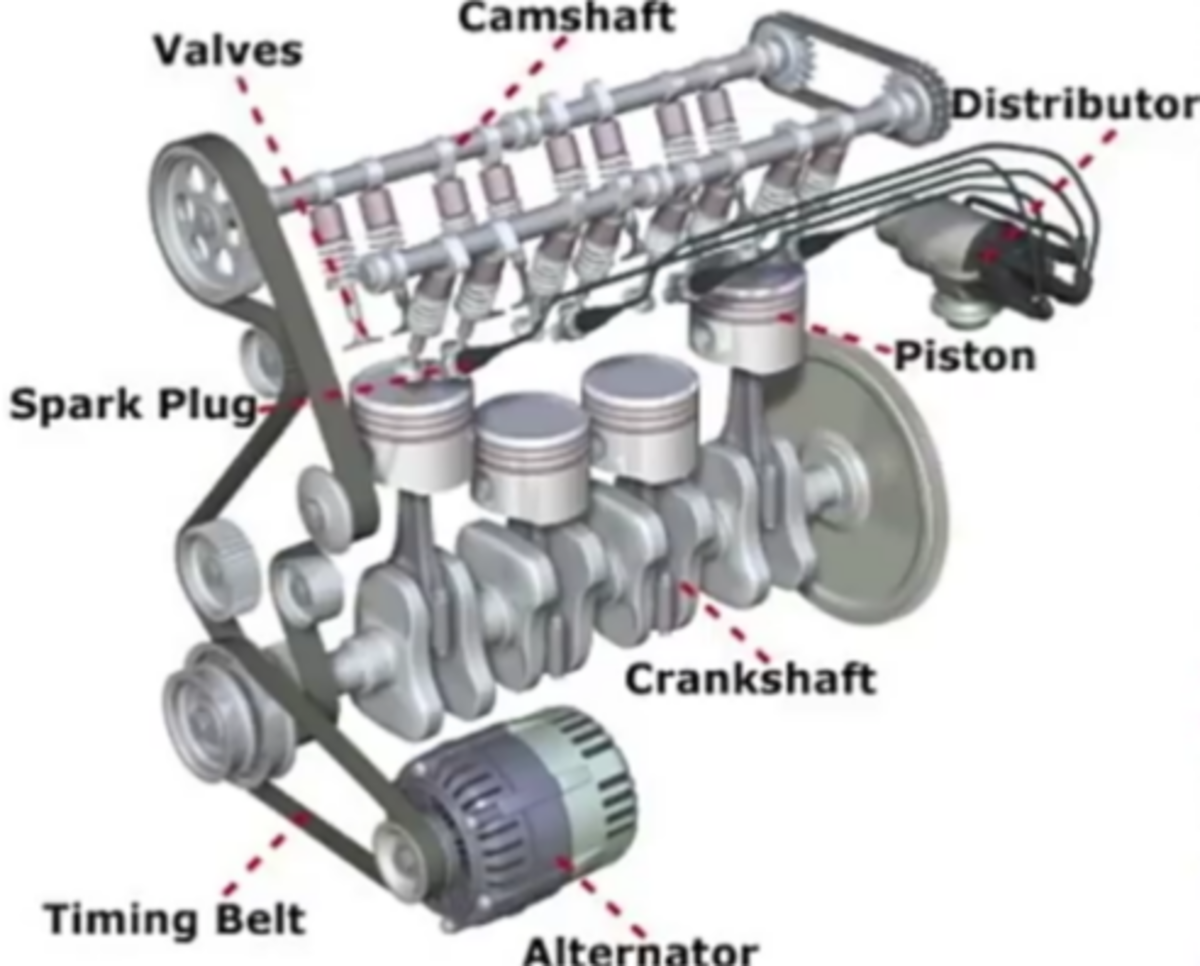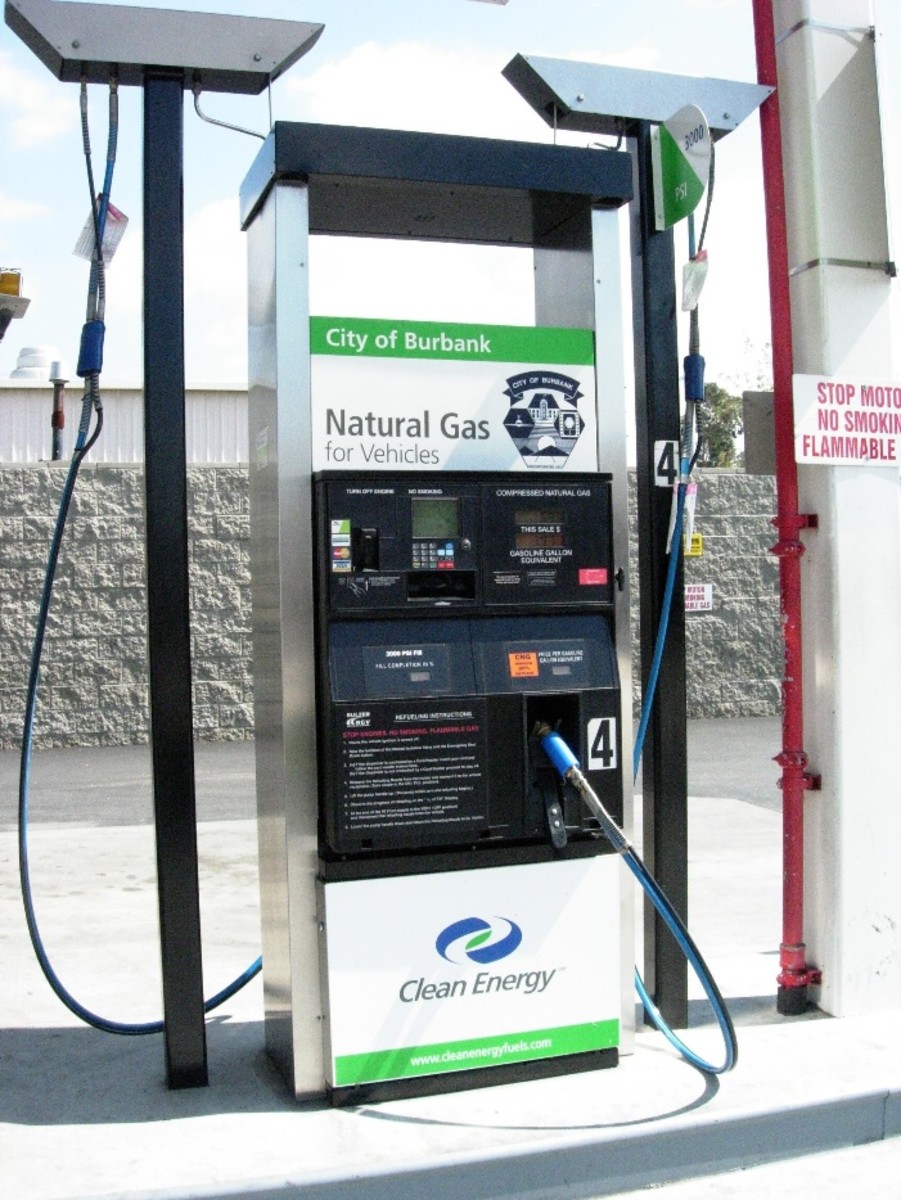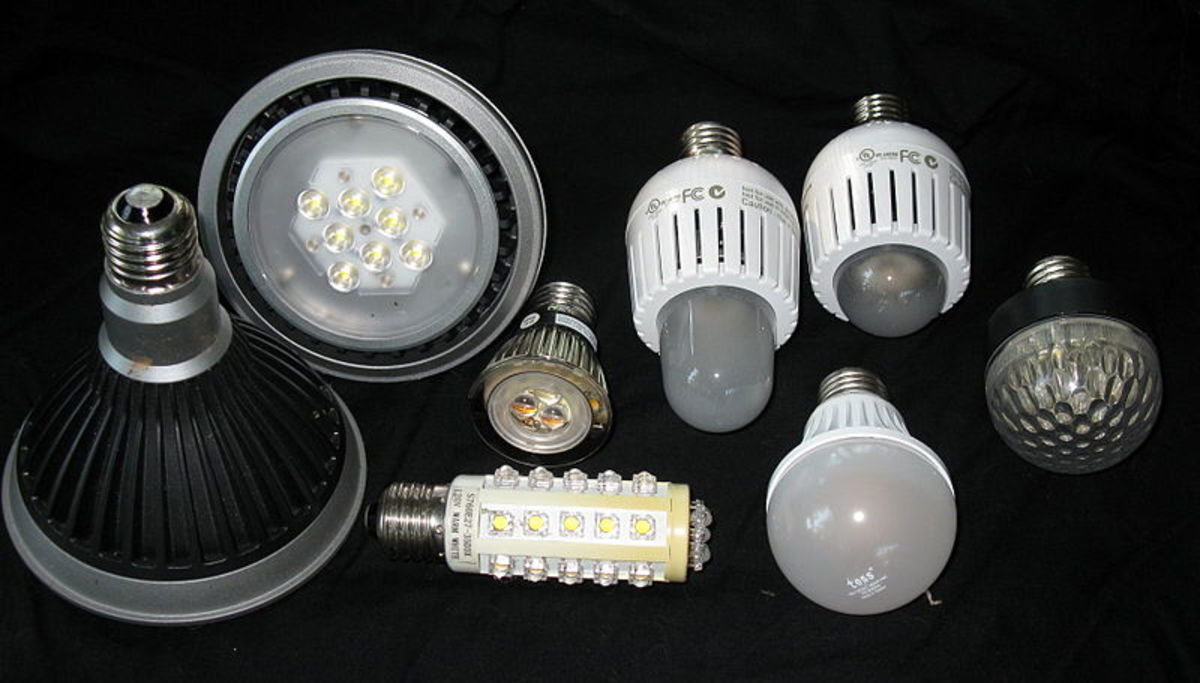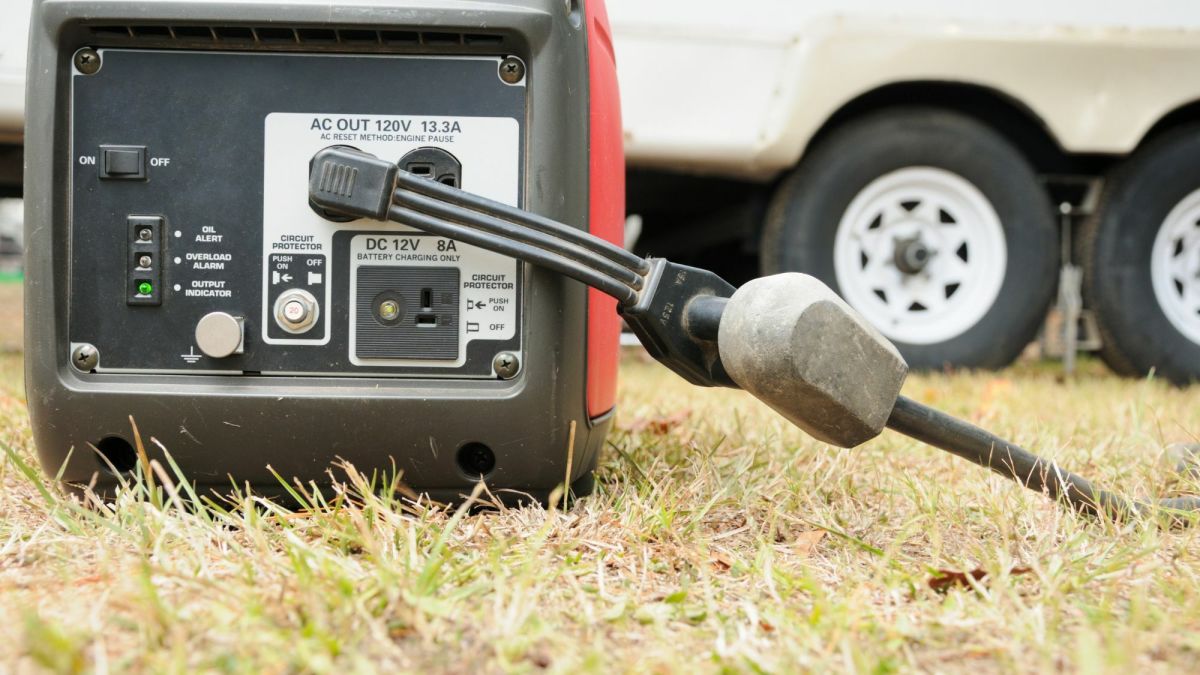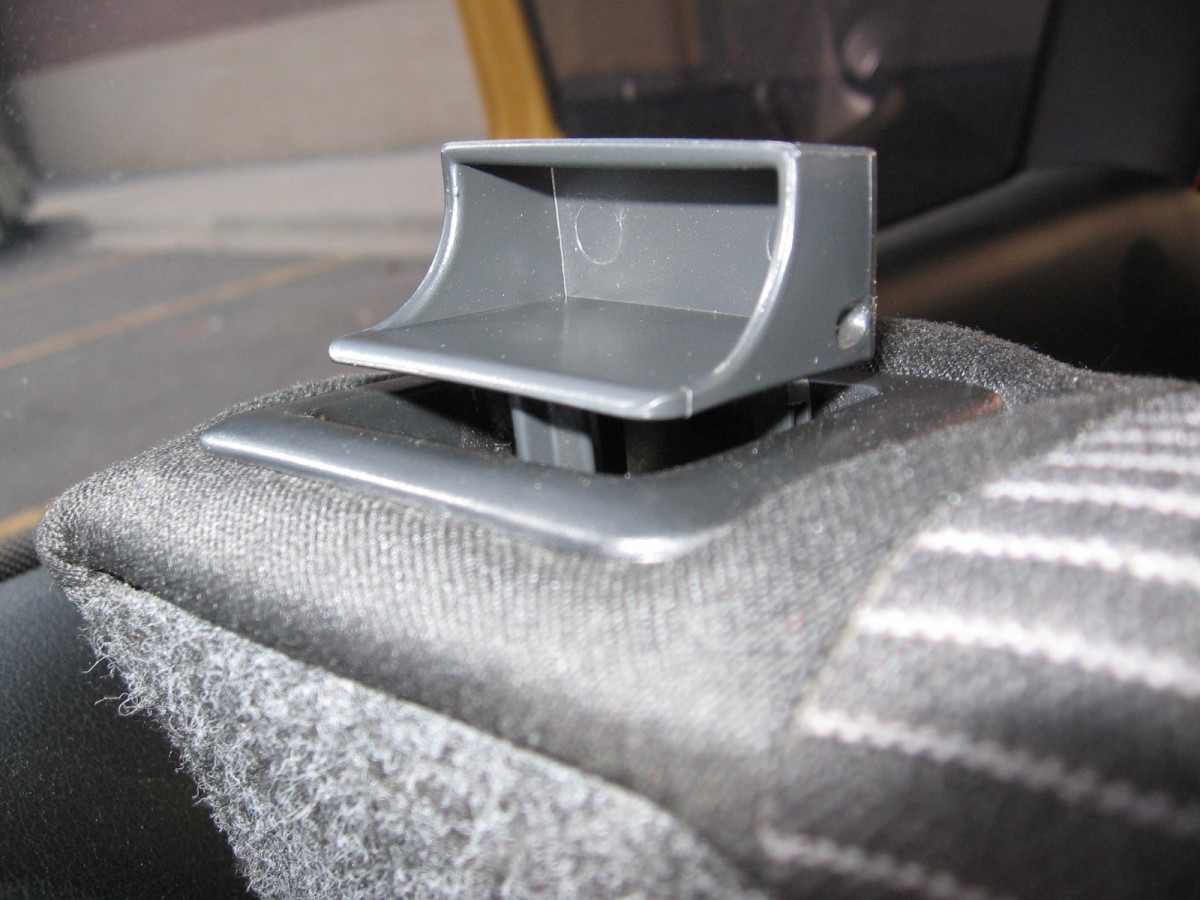Why We Need Alternative Fuels. What Our Options Are.
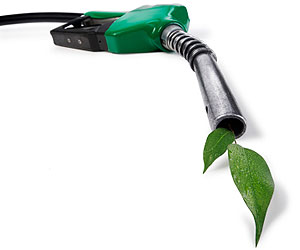
Why we need alternative fuels
Gasoline and diesel have been our primary fuels used in automotive, farm and recreational vehicles for decades. Our dependence on other countries to provide us with gasoline has gone into a downward spiral with the economy doing so poorly and the poor mileage rated cars that are being produced. Without having a certain level of efficiency in our vehicles, we are only pushing ourselves closer to the point of necessitating an alternate fuel source. Oil production is expected to diminish to a near halt as near as forty years from now. It’s time to start really digging in and getting other renewable energy sources into mainstream use.
Many automakers pride themselves in their high performance vehicles, and the world has been brain washed into thing that bigger and faster is almost always better. Sex appeal definitely drives automobile sales. We need to start thinking smarter before it’s too late.
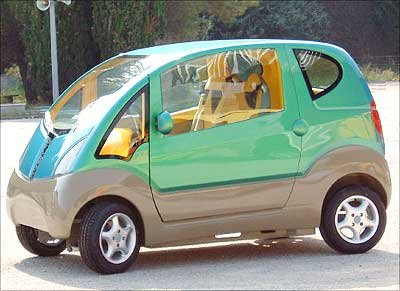
Alternate Fuel Options
Some of our options for alternative fuels are listed below as well as their shortcomings. If we can overcome these obstacles, we would have a viable (and sometimes greener) solution for the future as well.
BioDiesel: This option has been around for quite some time and has gained some popularity over the past few years. Essentially, this is refined fryer grease, or vegetable oil. Contaminants are removed and often an addative is mixed in to increase the compustion efficiency. This is kind of a neat option because even if you aren't near a BioDiesel filling station, you can revert back to standard diesel.
Shortcoming: Many resturants are no longer willing to give you their used fryer grease. They are now selling this back to the industry for the same purpose. Some filling stations do supply BioDeisel though as pointed out by the Department of Energy but they are scarce in some areas:
Compressed Air: This is a fairly new concept. The engine itself greatly resembles that of an internal combustion engine. It has pistons and cylinders, however they are actuated by compressed air that is stored in tanks throughout the vehicle.
Shortcoming: Where do you fill up? Some fuel stations have air pumps available but not all. Usually, about three minutes per 75 cents is all you get.
Compressed Natural Gas (CNG): This fuel is commonly used today and there are several conversions available for a range of vehicles.
Shortcoming: Where do you fill up? Well, actually, the Department of Energy has answered that for us. See the link at the bottom of this section.
Propane (LPG): Some delivery trucks and fleet vehicles use propane as their fuel. While the efficiency is about the same as gasoline, it generally costs about 15% less. In addition, it is much cleaner burning than gasoline and is kinder to your engine. Conversion kits are available for many vehicles.
Shortcoming: This fuel is HIGHLY combustable and needs to be stored in a puncture proof vessel away from high tempuratures. A vehicle fire would be a nightmare for this fuel.
Ethanol (Corn Fuel): This is essentially the fuel that is used in NASCAR and is really an alcohol. Many crop farmers have converted their fields to grow nothing but corn, however, they still cannot meet the demand to provide a gasoline free solution. In addition, today's internal combustion engines are not designed to run on pure ethanol. As a result, we have something call E85 Ethanol which is a mixture of 85% denatured ethanol and gasoline. Unfortunately, it also creates 33% less energy output of standard gasoline at the same price.
Shortcoming: No real cost savings with this solution.
Hydrogen: While this is a very promising and extremely clean fuel, it is simply not as proven as other alternatives yet. Hydrogen is one of the most simple and plentiful elements and generates very efficient power. Vehicles must be fuel cell ready to use this option.
Shortcoming: Hydrogen fuel cells require are quite expensive to make and require a lot of power to do so. The cost savings at the end could easily be overturned by this. Hydrogen fuel stations are also very scarce.
Electric: This alternative has been gaining some serious 'steam' in tha past few years and is starting to become a viable solution. In an age a wind farms, water turbines and other clean electric generation methods, electric has the possibility to be an extremely clean and efficient way to move us from point A to point B. Tesla Motors http://www.teslamotors.com/ has broken the 'efficient cars have to look ugly' mold and produce some breathtaking vehicles that I would give my right arm to own. Not only are these cars beautiful, but they are powerful and efficient as well. Most would argue that electric vehicles just don't produce the horsepower that an internal combustion engine can, however the link provided below would beg to differ: http://www.youtube.com/watch?v=I2tUHK2sJ_4
Shortcoming: Where do you fill up? The Department of Energy has answered this one as well. See the link at the bottom of this section.
Here is the link to the Department of Energy website. I had previously linked to each section based on the energy/fuel type, but found that it caused Hub violations.
http://www.afdc.energy.gov/afdc/fuels/
Looking Into the Future
With the continually rising cost of gasoline it has never been more important to explore alternatives in getting us from one place to another. We have some really great options available to us today that have shortcomings that should be simple to overcome. For instance, if each filling station would install one single EV charging station or any of the other above listed methods, they would all become viable solutions.
My personal favorite at the moment is electric, because the conversion is so simple and emmission free at the vehicle level. Once we can create clean electricity via wind farms, water turbines, solar farms etc... I think that this option with really take off.
My second favorite in this list, is Biodeisel. While I'm not a huge fan of deisel engines, I do quite fancy the idea of being able to run my vehicle on recycled fryer grease. Mmm, is that french fries I smell?
No matter how you look at it or which option is your personal favorite, it's good to keep an open mind, because someday, gasoline may no longer be a viable option.

